
The region that gave birth to the first industrial revolution will set out a roadmap to invest billions of pounds in a new future which grows prosperity for all its people and places.
The Inclusive Growth Commission will see regional and national experts working together to provide knowledge and fresh perspectives to identify and put into action drivers to deliver economic growth across the East Midlands.
Mayor of the East Midlands, Claire Ward and council leaders across the region have appointed leading organisation, the Royal Society of Arts (RSA), to run the high profile commission.
The Commission will be chaired by Andy Haldane, the former Chief Economist for the Bank of England and Chief Executive of the RSA.
A board of Commissioners has been appointed with a wealth of expertise, experience and understanding of the challenges we’re facing.
These include Marvin Rees, former Mayor of Bristol, Dame Julia Cleverdon, Chair of Place Matters, Sarah Gordon, former CEO of Impact Investing Institute, Sir John Peace, Chair of the Midlands Engine, Dr Andy Haynes, former Executive Lead of Nottingham Integrated Care System (ICS), Gillian Sewell, Chief Executive of Derbyshire YMCA and Sir Keith Burnett, Chair of Nuffield Foundation.

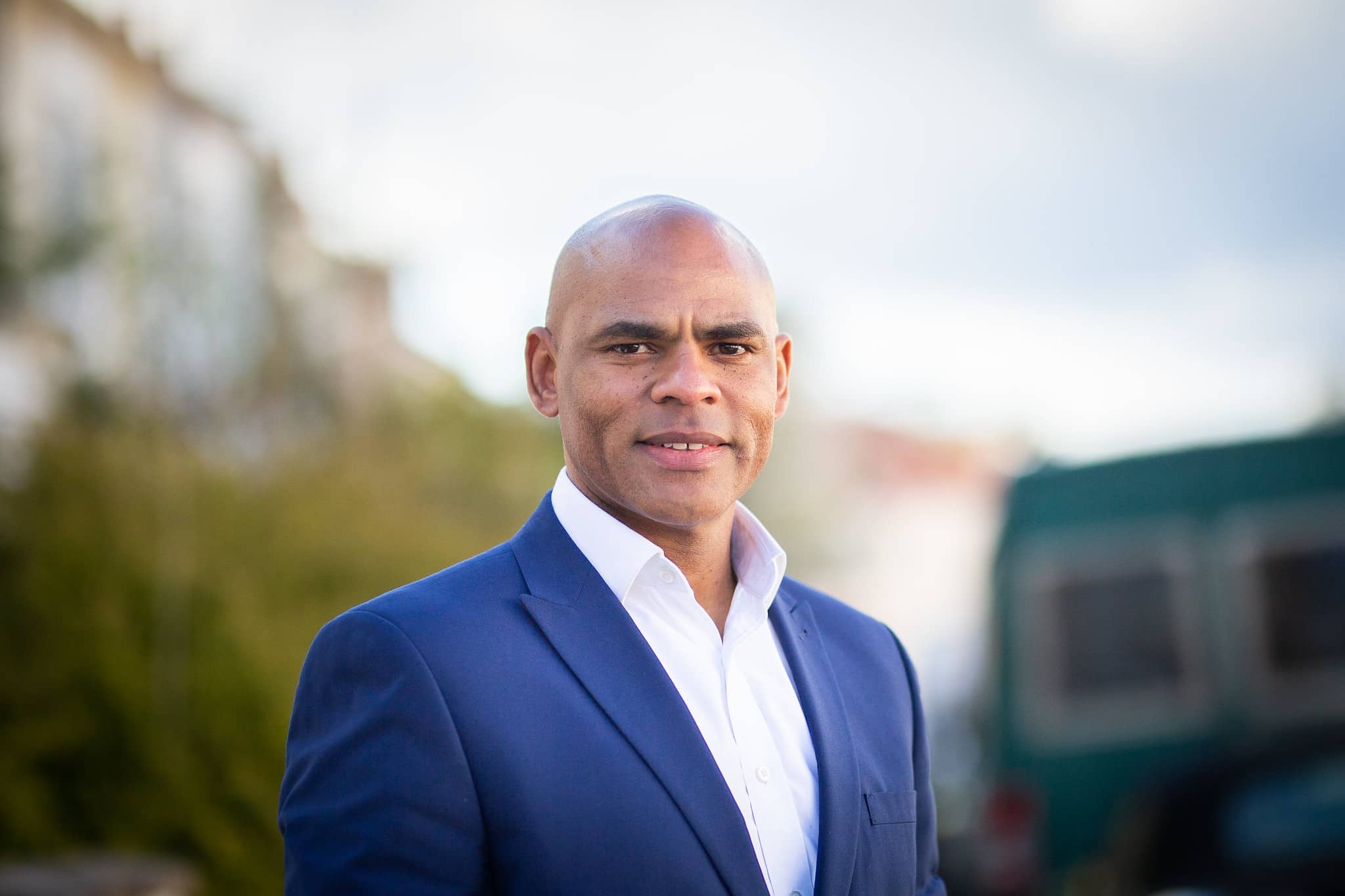
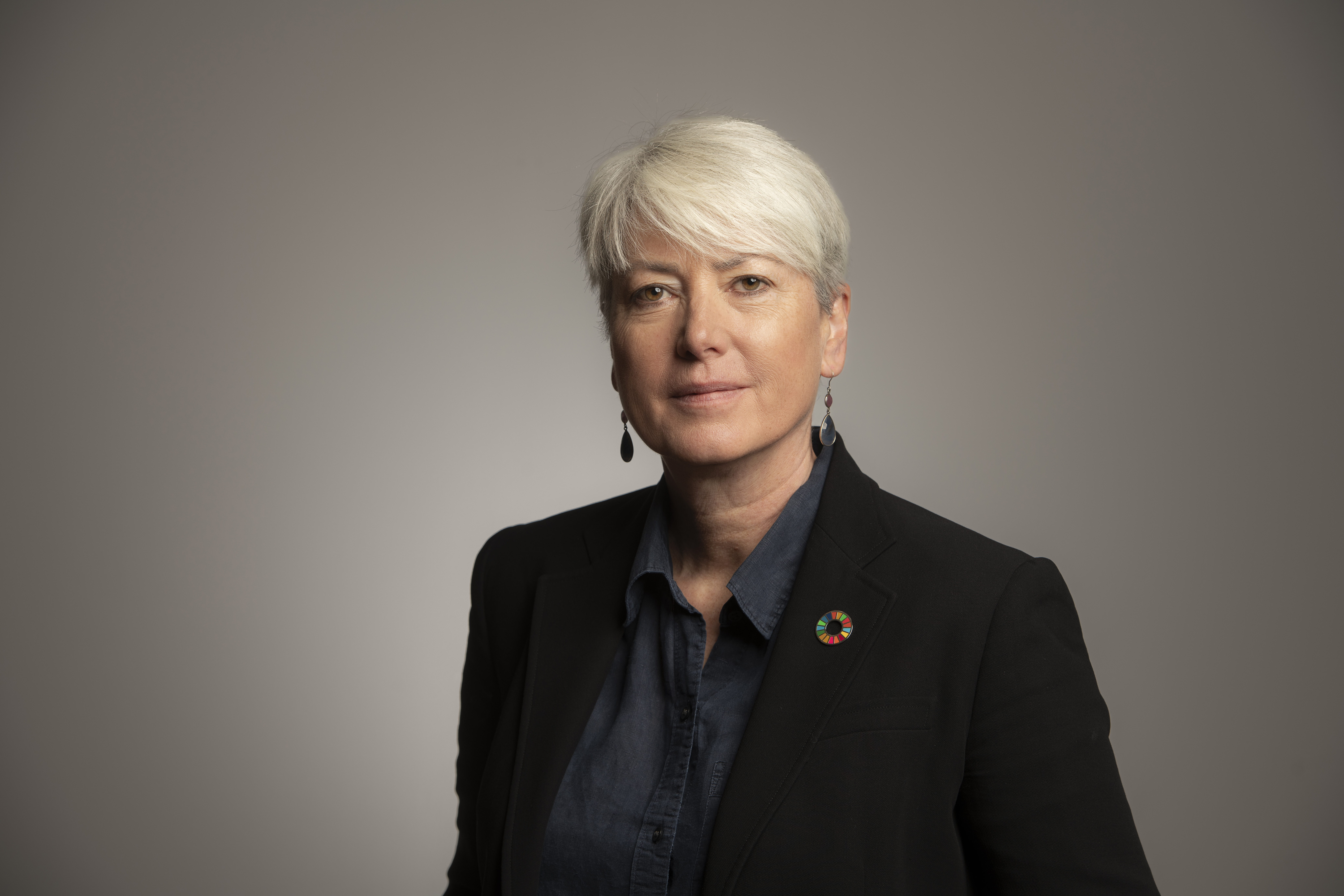
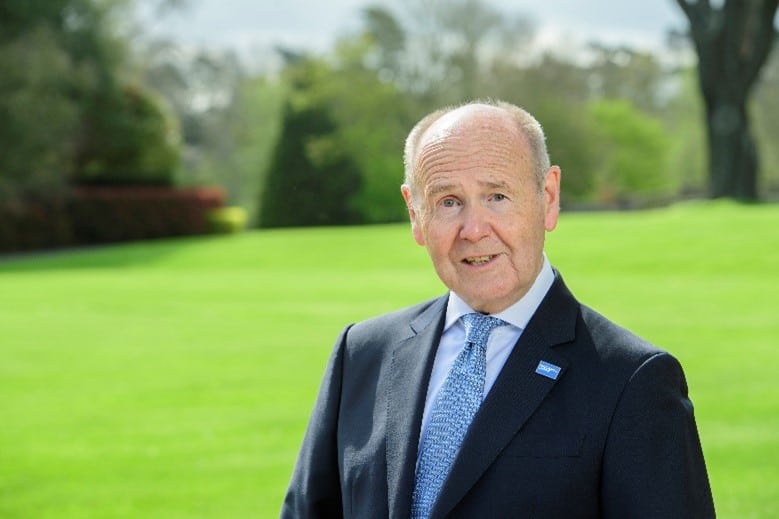
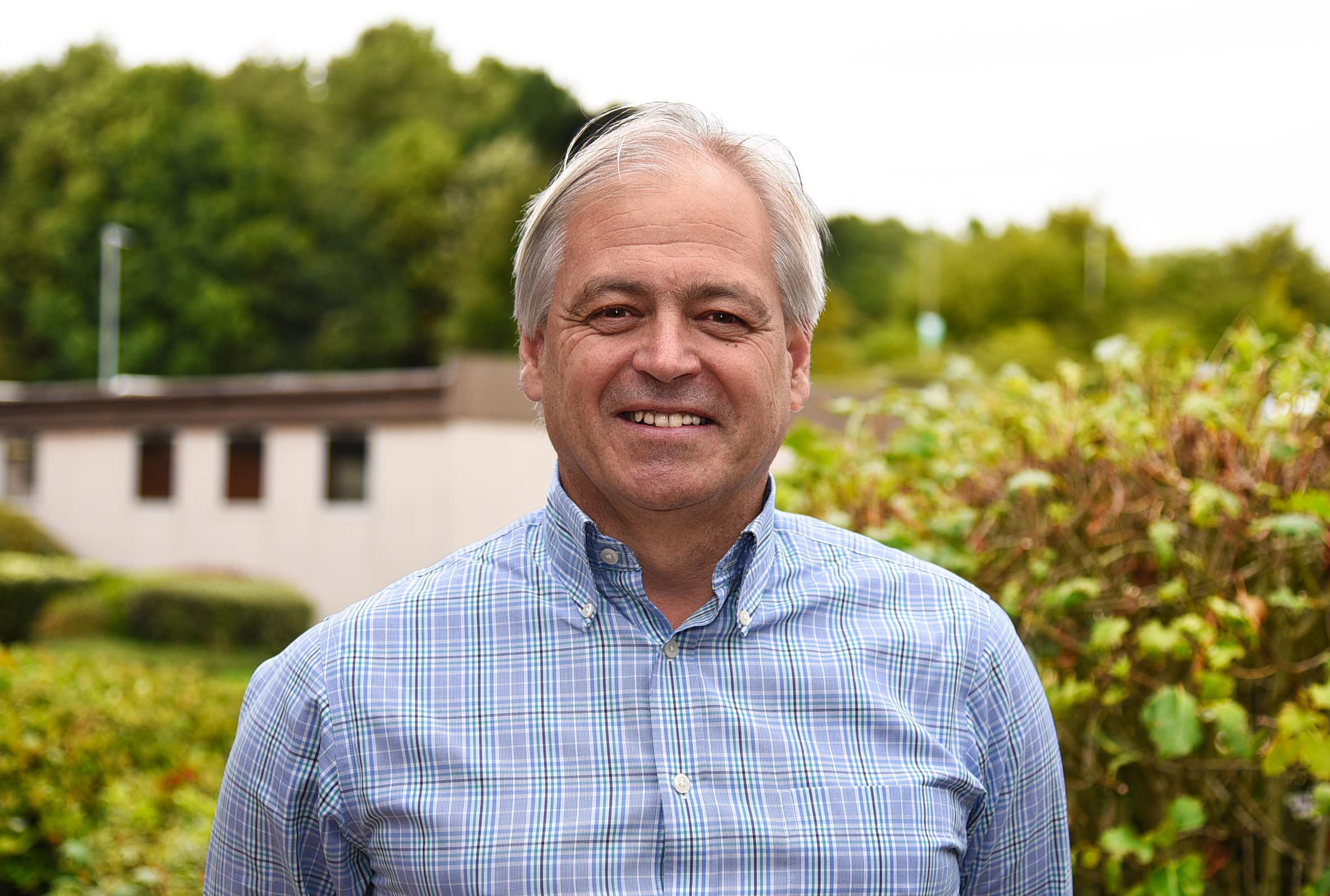
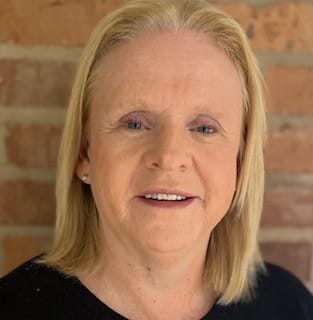
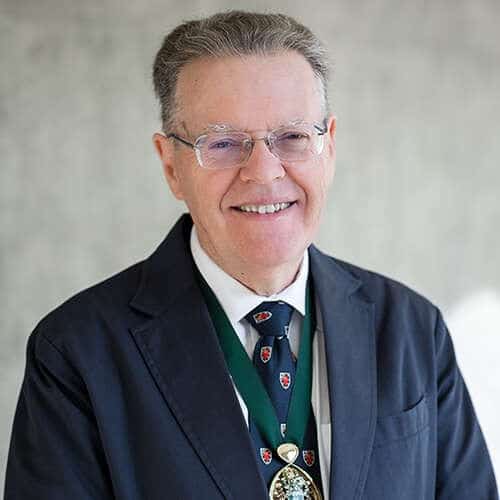
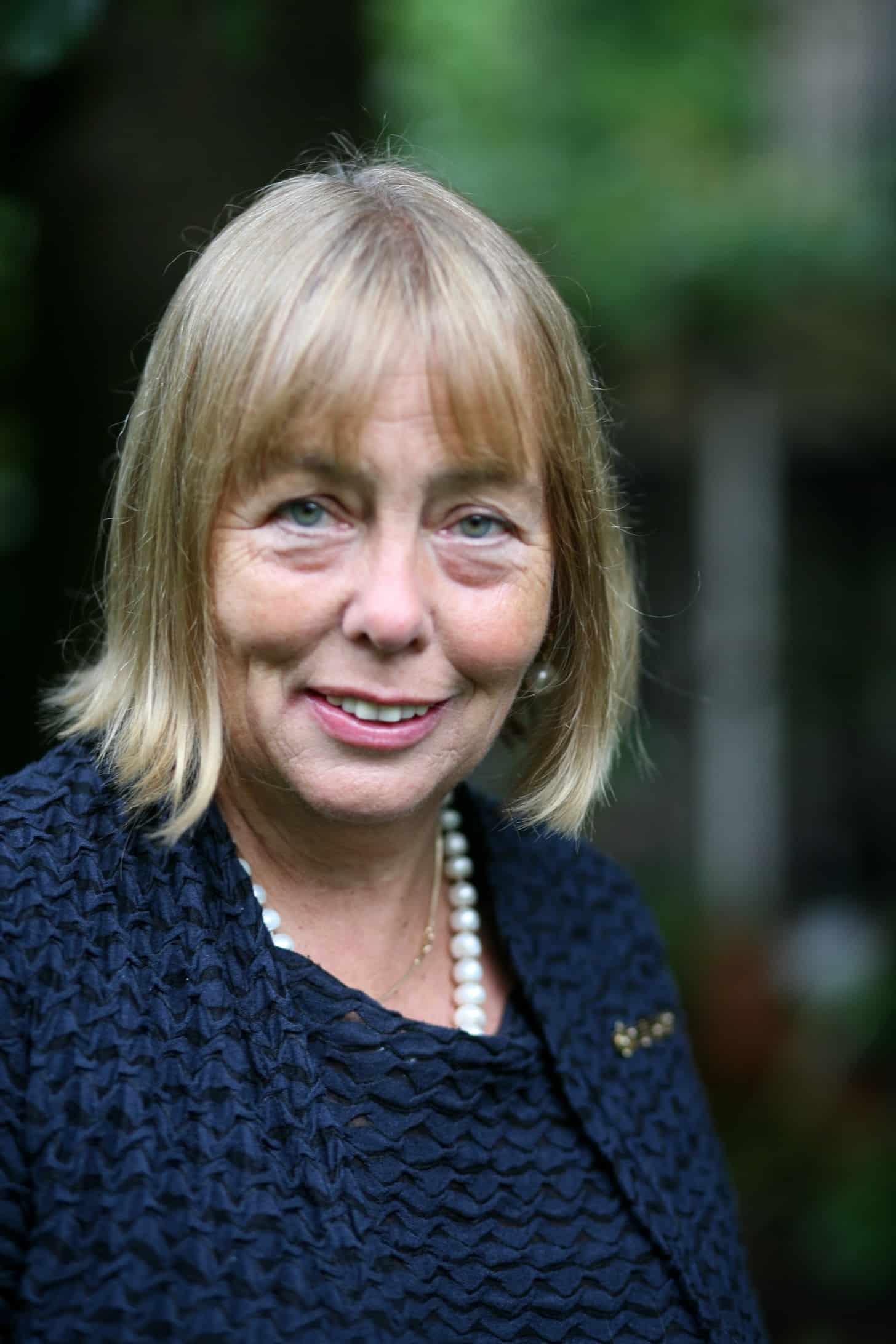
We want to do the best for our region and so the commission will focus on these 10 key objectives which will help towards our long-term Local Growth Plan of:
The Commission’s findings and strategy will be developed in close collaboration with a wide range of groups and organisations, including councils, businesses, colleges, universities and trade unions across the East Midlands. The recommendations from the Commission will inform future investment proposals for up to £4billion of public investment by the East Midlands Combined County Authority (EMCCA).
The Commission unveiled its interim report in March 2025. It set out the current picture of the East Midlands’ strengths, challenges and opportunities, and called for a step change in investment, underpinned by strengthened devolved powers to better reflect the needs and opportunities of the region.
The commission will unveil a first report in Spring 2025 setting out the current picture of the East Midlands’ strengths, challenges and opportunities followed by the full report, which will be published in Autumn 2025.
The plan to develop the strategy was agreed at EMCCA’s Board meeting on Monday 16 September 2024 and leaders of all 19 councils in the region were briefed about the Commission at the Leaders’ Summit in Chesterfield on Monday 7 October 2024.
We want leaders and champions from across the system in the East Midlands to get involved to help shape the work of the commission.
By completing the contact form below to register your interest, you consent to the collection, storage and use of the personal data included in your email, to allow EMCCA and the RSA to respond to your email. If you no longer want your personal data shared, please contact us so that we can remove it. Your information will be handled in accordance with our Privacy Policy.